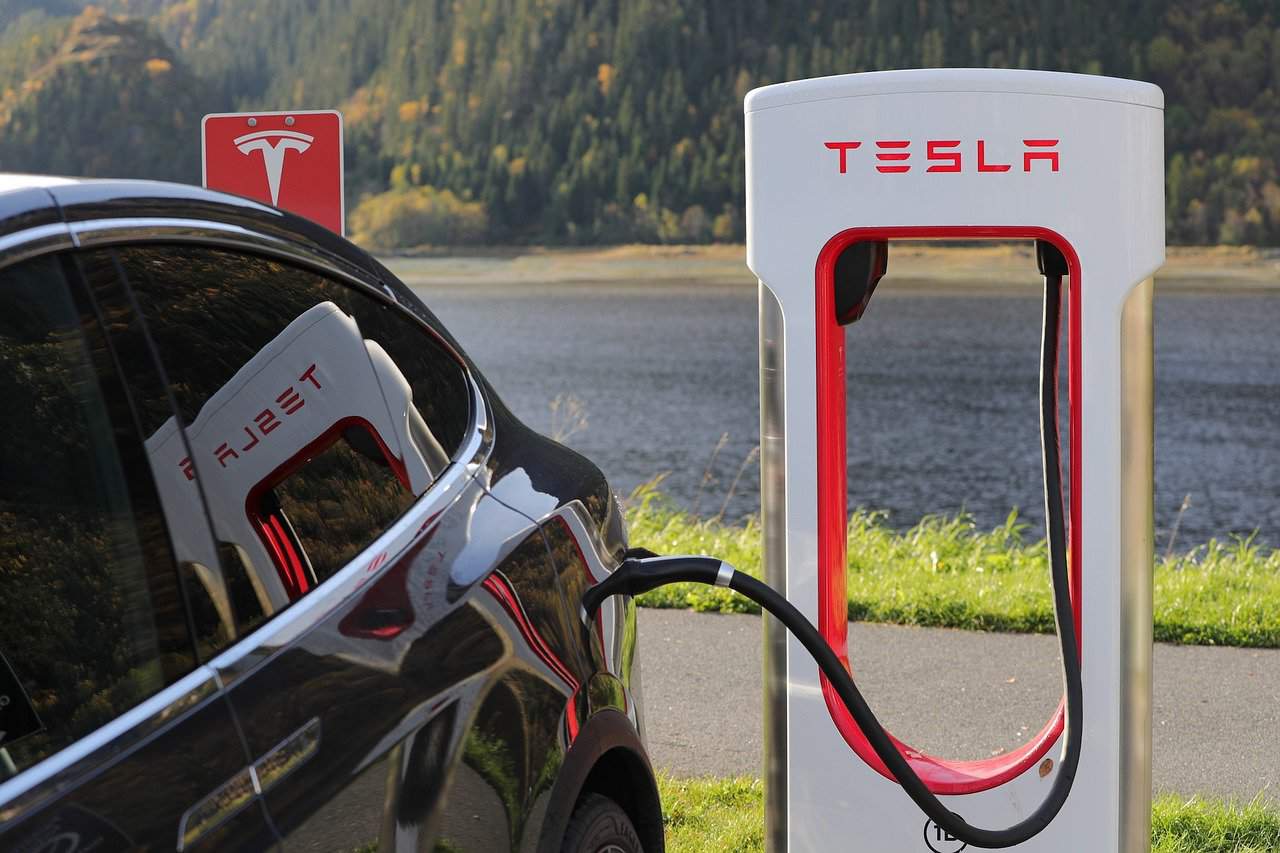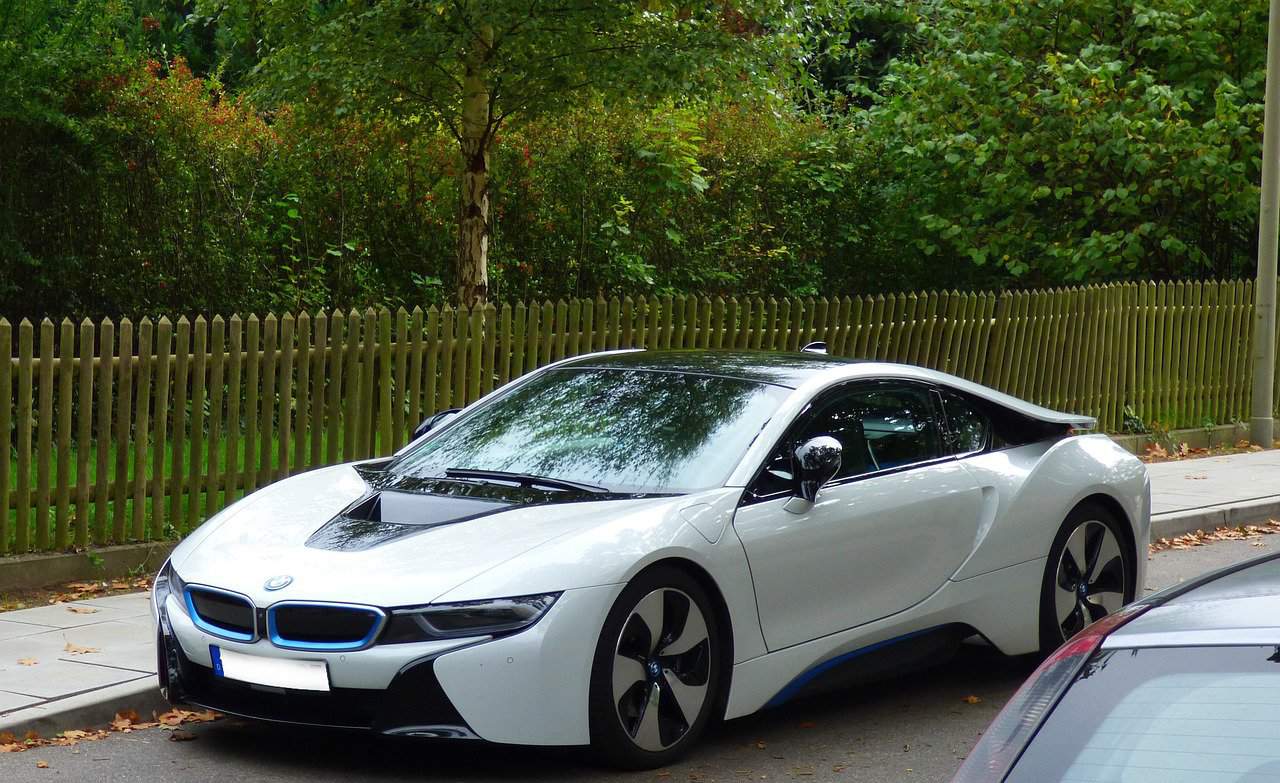Table of Contents:
Many people today are considering a switch from fossil fuel-reliant vehicles to electric. This is driven by a collective desire and need to make significant and speedy lifestyle changes to help combat the growing issue of climate change. Governments worldwide are bringing in bans on the sales of fossil fuel vehicles in the future, meaning eventually, we will all be going electric.
A lot of people are considering the change now to get ahead of the curve. Electric vehicle (EV) technology is improving day by day, and entirely electric cars are now a truly viable option for many. Of course, plenty of people still have some anxiety about switching, being unsure about the benefits available and the ways that EVs will differ from cars they’ve had in the past. This article is here to help answer some of the questions you might have and hopefully put your mind at ease.
How Long Will A Single Charge Last?
This is a tough question to answer definitively, as it depends on so many different factors. The make, model and age of your vehicle will make a difference, with budget vehicles having shorter ranges than higher-end or luxury EVs. You’ll have to consider what kind of driving you do when deciding on the right EV. Most EVs will be suited very well to regular short trips with ample time for charging in between, but if you frequently travel longer distances, you may need to consider a vehicle on the upper end of the price range.
Where Can I Charge My Vehicle?
There are charging stations for EVs across the country, with many still being free to use. This is part of an incentive by governments and EV manufacturers to convince people to make the change from combustion vehicles to electric. Places you can find free or paid charging stations include:
- Motorway services
- Supermarkets
- Hotels
- Public car parks
- Shopping centres
You’ll likely spend most of your time charging your vehicle at home. This can either be done using a smart charger or a standard three-pin plug connected to a socket.

How Will It Save Me Money?
An EV can save you money in various ways, including:
- No road tax
- Lower fuelling costs
- Reduced maintenance costs
The savings from owning an EV are a big draw for many people. With the cost of living and fuel at record highs, it’s no wonder that people are increasingly drawn to EVs.
How Long Does It Take To Charge?
This is a tough question which, like how long a single charge will last, doesn’t have a simple answer. Again, things like age, make, and model will play a part in the speed at which an EV’s battery can charge. The way you charge your EV will also make a big difference, and there are several ways to charge available currently. Take a look at LV ElectriX’s great explainer, where you can find out what to use for home charging to help you get the fastest charge.
Will I Need Specialist Insurance?
Just like petrol or diesel vehicles, you’ll need insurance to drive your EV on the roads. Most EV insurance policies look almost identical to non-electric policies, though a key difference is that they often include third-party liability. This is because there is a risk of trips and falls when you have your car connected to its charger, so you’ll need cover in case someone is injured.
Is It Better To Buy Or Lease?
The question of buying vs leasing is an old one when getting a new vehicle. Which you choose will depend on the type of EV you want and the budget you have to spend. If you want a top-of-the-range, brand-new Tesla, but your budget won’t stretch to buying one outright, then leasing could be the right option for you. If you’re not too fussed about getting all the latest gadgets and tech, then you could consider outright buying a more modest vehicle. If you lease, you’ll also need to remember to budget for the monthly payments, the size of which depends on the car you get.
What Is The Maintenance Like?
Much of the maintenance of an EV is very similar to petrol or diesel vehicles. You’ll need to keep on top of things like:
- MOTs
- Servicing
- Tyre replacements
- Battery maintenance
The good news is that electric vehicles often have much lower maintenance needs than other cars because they have fewer complex mechanical parts that need to be functioning correctly.

The Takeaway
It is sensible to ask questions before making any change in your life, and a new EV can be a considerable expense and change. You should know how switching to electric will impact you and the differences you’ll see when you own one. Fortunately, most of the differences are clear benefits, including lower fuelling costs, less tax to pay and greater reliability.


